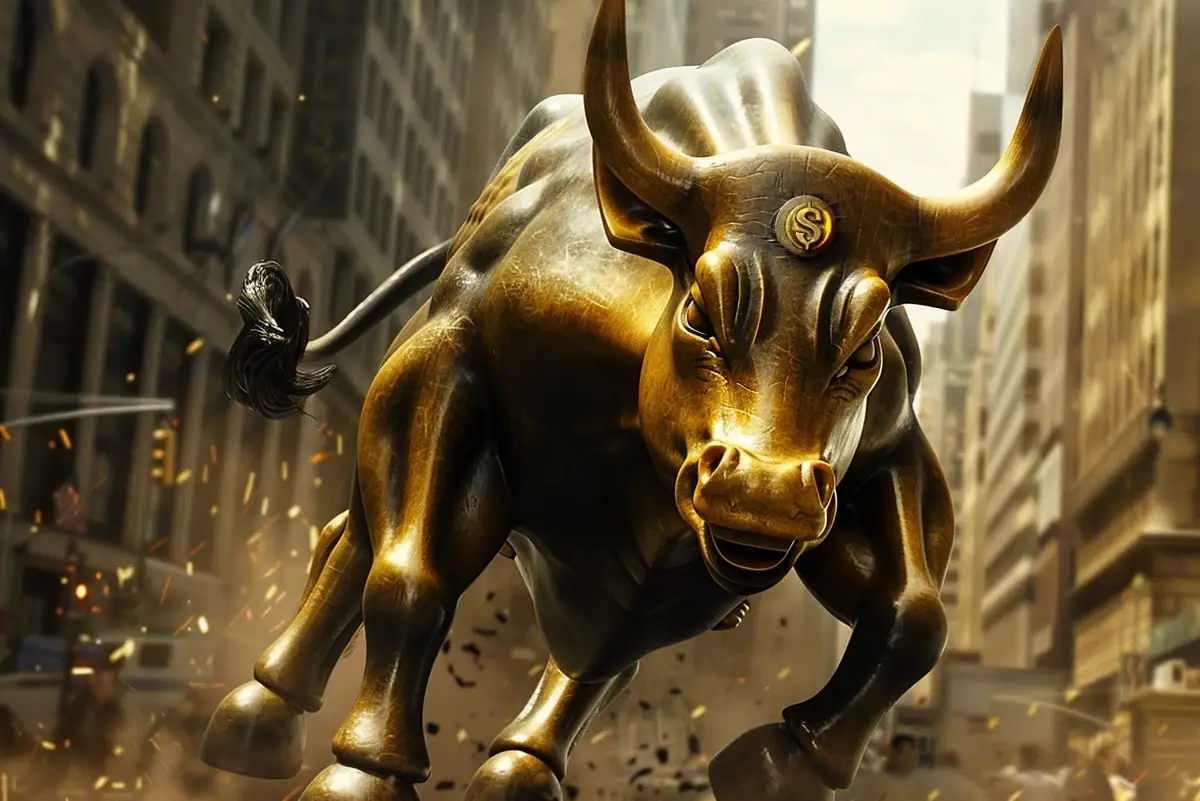This article explores the top 20 ETFs that have outshone their peers by having the best return on investment (ROI) over the past 20 years. As we reflect on the last two decades of investing, Exchange-Traded Funds (ETFs) have emerged as a powerhouse in the financial landscape, offering investors diversified exposure to a plethora of markets and sectors with a single purchase. From May 1, 2004, to May 1, 2024, the investment world has seen remarkable transformations, with technological advancements, economic shifts, and geopolitical events reshaping investor strategies and portfolios. In this context, certain ETFs have distinguished themselves not only by surviving turbulent times but also by delivering exceptional returns.
Although we all know that historic gains won’t equate to future gains, it is an excellent way to analyze what can work.
Top 20 ETFs ranked on their return over the last 20 years
| # | ASSET | % RETURN |
|---|---|---|
| 1. | TECL | 23,855.44% |
| 2. | TQQQ | 13,230.38% |
| 3. | GBTC | 12,477.25% |
| 4. | SOXL | 6,341.71% |
| 5. | UPRO | 5,596.79% |
| 6. | QLD | 3,913.76% |
| 7. | USD | 3,325.27% |
| 8. | SPXL | 2,990.09% |
| 9. | ROM | 2,468.01% |
| 10. | UDOW | 2,239.36% |
| 11. | SMH | 2,227.12% |
| 12. | CURE | 2,218.77% |
| 13. | ISHUF | 2,136.78% |
| 14. | IGM | 2,120.89% |
| 15. | MIDU | 1,967.02% |
| 16. | SOXX | 1,916.09% |
| 17. | IYH | 1,787.94% |
| 18. | QQQ | 1,319.64% |
| 19. | PSI | 1,288.24% |
| 20. | IYK | 1,266.46% |
Source: https://www.statmuse.com/money/ask/best-performing-etf-of-last-20-years
Pros and Cons: Exchange-Traded Funds
Pros
Diversification
Offers exposure to a wide array of stocks or bonds, reducing risk by spreading investments across various assets.
Cost Efficiency
Generally lower expense ratios than actively managed funds and no sales loads, making them economical for long-term investing.
Liquidity
Can be bought and sold like stocks throughout the trading day, allowing for immediate transactions at market prices.
Transparency
Holdings are disclosed daily, providing clear insight into what assets the ETF contains and facilitating informed investment decisions.
Cons
Market Risk
Like any investment in the stock market, ETFs are subject to market fluctuations and the potential for loss.
Trading Costs
While generally cost-efficient, buying and selling ETFs can incur brokerage fees, which can add up, especially with frequent trading.
Passive Management
Most ETFs are passively managed, which means they aim to mirror the performance of an index and will not outperform the market.
Potential for Over-Diversification
While diversification is generally positive, overly broad exposure can dilute potential high returns from specific sectors or stocks.
Conclusion
In conclusion, the top 20 ETFs over the past two decades have showcased impressive returns and resilience, affirming their status as potent vehicles for long-term investment strategies. These funds have proven their ability to leverage market trends and navigate economic shifts, offering investors substantial growth opportunities and diversified risk exposure. Whether you are aiming to build wealth or secure financial stability, the right ETF can play a pivotal role in achieving your investment objectives.









